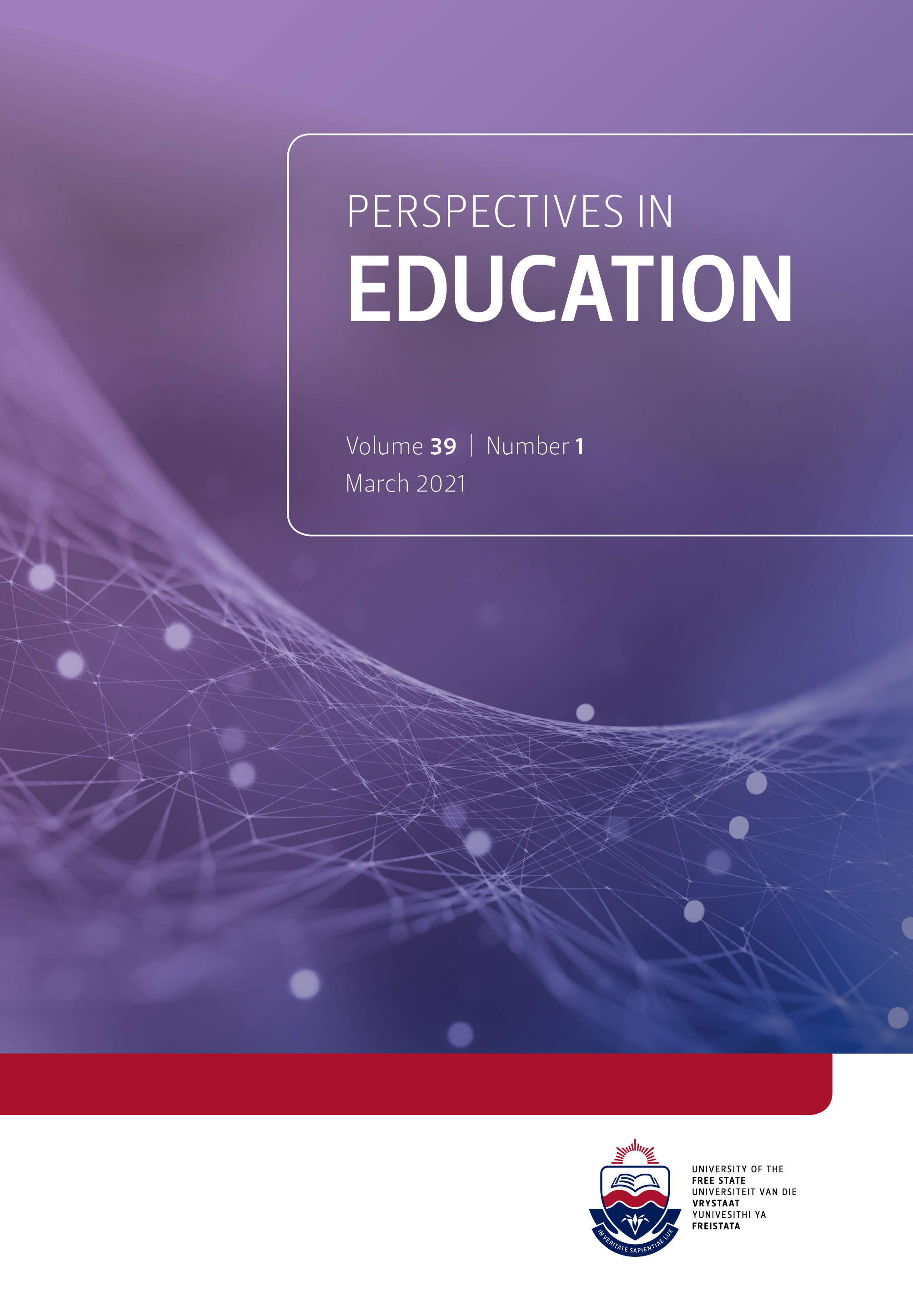Adapt or die in the time of a pandemic: Towards a grounded theory of strategic adjustments by an early childhood development training organisation
DOI:
https://doi.org/10.38140/pie.v39i1.4805Keywords:
Business systems, Change management, Social entrepreneurship, Resources, Community well-beingAbstract
The COVID-19 pandemic has led all role players in the Early Childhood Care and Education (ECCE) sector in South Africa, including the particular non-profit organisation (NPO) under investigation, into unchartered territory. The organisation, which is involved in training and mentoring community-based Early Childhood Development centres in marginalised settings, was forced to pivot its service as the country went into lockdown in March 2020. The purpose of this grounded theory study is to discover how employees and associates of this organisation view the adjustments that had to be made during and after lockdown to support principals, staff members and through that the children, their parents and the community during COVID-19 lockdown. Findings indicated that the team was able to rely on existing strengths that intersected on several points to tackle the challenges, namely strong internal and external relationships, sound administrative and business systems and a flexible, risk-taking and social entrepreneurial ethos. This kaleidoscopic combinations of relational, attitudinal and organisational factors, permitted swift adjusting, a strength that may support the sustainability of this NPO and others of its kind, not only during the pandemic but also in its aftermath and with the socio-economic upheaval it has caused particularly among indigent communities.
Downloads
##submission.downloads##
Published
How to Cite
Issue
Section
License
Copyright (c) 2021 Me. E. Kruger

This work is licensed under a Creative Commons Attribution 4.0 International License.









